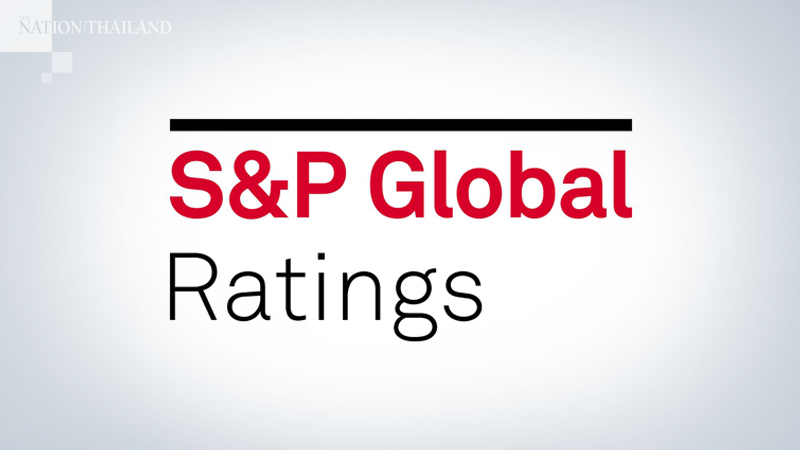Asia-Pacific Covid losses could rise to $2 trillion in transition from lockdown, report says
The ratings firm has calculated the economic cost of an initial one-month lockdown could be about 3 percent of GDP in Asia-Pacific.
“As the Covid-19 pandemic endures, we are learning more about its human, economic and financial costs,” said Shaun Roache, chief economist of Asia-Pacific at S&P Global Ratings. “The next lesson will be about the cost of transition between lockdown and vaccine.”
The global analytics firm now expects economies to enter a transition period where social distancing measures will range between full lockdowns and business-as-usual until mid-2021.
This will involve some social distancing constraints and will differ by country. Complicating matters even more, each country’s position in this continuum seems likely to shift randomly as second and third waves of infections rise and fall, said S&P Ratings.
Economic policies can limit some of the damage during first-wave containment, support the partial recovery through transition, and provide a bridge to the self-sustaining recovery that takes hold in late 2021. However, the costs continue to compound, added the company.
The New York-based firm has revised Asia-Pacific growth to 0.3 percent for 2020 from 4.8 percent before the Covid-19 pandemic erupted. Its growth forecast has been lowered to just 1.2 percent for China, from 2.9 percent in the most recent (post-coronavirus) projection; for India to 1.8 percent from 3.5 percent, and for Japan it now sees a 3.6 percent contraction, from minus-1.2 previously).
“From an economics perspective, the main risk now is unemployment,” said Roache. “Jobs are easily lost but hard to win back and a surge in unemployment, say by more than 4 percentage points across the region, would mean a much flatter recovery path.”
Enduring unemployment would cascade to the broader economy, the company added. Consumption would be lower, savings would be higher, and stress may emerge among some of the region’s more leveraged household sectors.
One risk which has eased for now is a substantial tightening in US dollar financing conditions, said S&P. This provides greater policy space for emerging markets and reduces the potential of triggering a balance of payments instability.
Source: https://www.nationthailand.com/business/30386203?utm_source=category&utm_medium=internal_referral


 Thailand
Thailand




